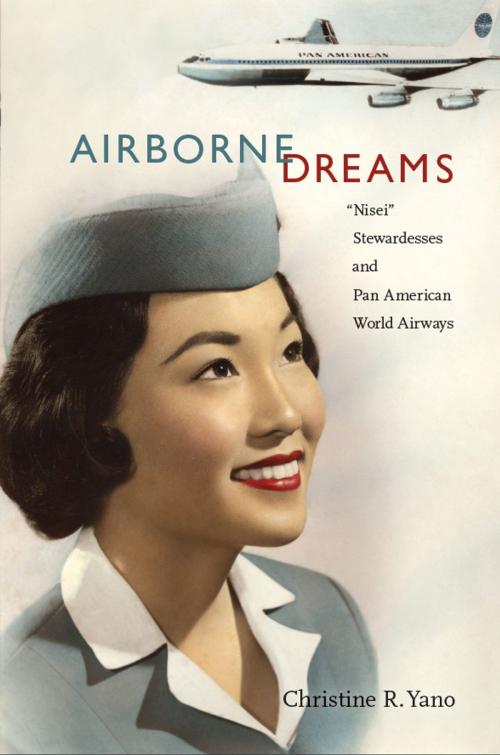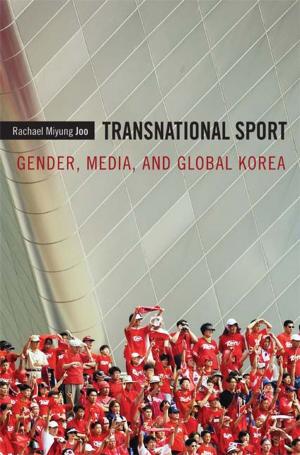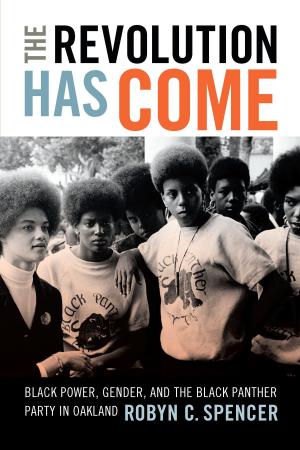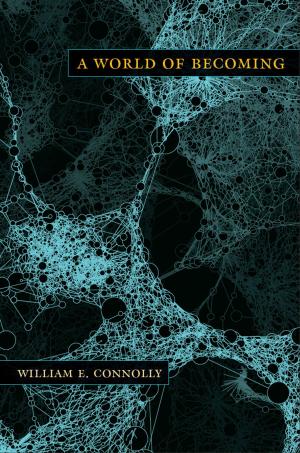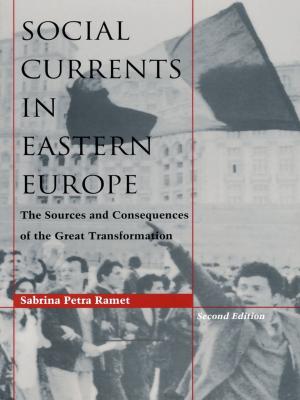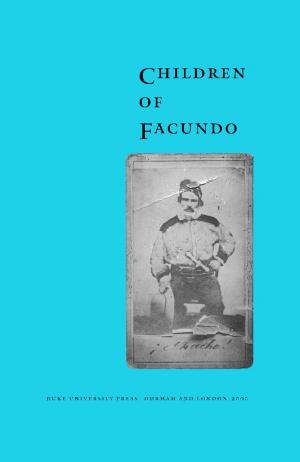Airborne Dreams
“Nisei” Stewardesses and Pan American World Airways
Nonfiction, Reference & Language, Transportation, Aviation, History, Social & Cultural Studies, Social Science, Cultural Studies, Ethnic Studies, Gender Studies, Women&| Author: | Christine R. Yano | ISBN: | 9780822393368 |
| Publisher: | Duke University Press | Publication: | January 25, 2011 |
| Imprint: | Duke University Press Books | Language: | English |
| Author: | Christine R. Yano |
| ISBN: | 9780822393368 |
| Publisher: | Duke University Press |
| Publication: | January 25, 2011 |
| Imprint: | Duke University Press Books |
| Language: | English |
In 1955 Pan American World Airways began recruiting Japanese American women to work as stewardesses on its Tokyo-bound flights and eventually its round-the-world flights as well. Based in Honolulu, these women were informally known as Pan Am’s “Nisei”—second-generation Japanese Americans—even though not all of them were Japanese American or second-generation. They were ostensibly hired for their Japanese-language skills, but few spoke Japanese fluently. This absorbing account of Pan Am’s “Nisei” stewardess program suggests that the Japanese American (and later other Asian and Asian American) stewardesses were meant to enhance the airline’s image of exotic cosmopolitanism and worldliness. As its corporate archives demonstrate, Pan Am marketed itself as an iconic American company pioneering new frontiers of race, language, and culture. Christine R. Yano juxtaposes the airline’s strategies and practices with the recollections of former “Nisei” flight attendants. In interviews with the author, these women proudly recall their experiences as young women who left home to travel the globe with Pan American World Airways, forging their own cosmopolitan identities in the process. Airborne Dreams is the story of an unusual personnel program implemented by an American corporation intent on expanding and dominating the nascent market for international air travel. That program reflected the Jet Age dreams of global mobility that excited postwar Americans, as well as the inequalities of gender, class, race, and ethnicity that constrained many of them.
In 1955 Pan American World Airways began recruiting Japanese American women to work as stewardesses on its Tokyo-bound flights and eventually its round-the-world flights as well. Based in Honolulu, these women were informally known as Pan Am’s “Nisei”—second-generation Japanese Americans—even though not all of them were Japanese American or second-generation. They were ostensibly hired for their Japanese-language skills, but few spoke Japanese fluently. This absorbing account of Pan Am’s “Nisei” stewardess program suggests that the Japanese American (and later other Asian and Asian American) stewardesses were meant to enhance the airline’s image of exotic cosmopolitanism and worldliness. As its corporate archives demonstrate, Pan Am marketed itself as an iconic American company pioneering new frontiers of race, language, and culture. Christine R. Yano juxtaposes the airline’s strategies and practices with the recollections of former “Nisei” flight attendants. In interviews with the author, these women proudly recall their experiences as young women who left home to travel the globe with Pan American World Airways, forging their own cosmopolitan identities in the process. Airborne Dreams is the story of an unusual personnel program implemented by an American corporation intent on expanding and dominating the nascent market for international air travel. That program reflected the Jet Age dreams of global mobility that excited postwar Americans, as well as the inequalities of gender, class, race, and ethnicity that constrained many of them.
